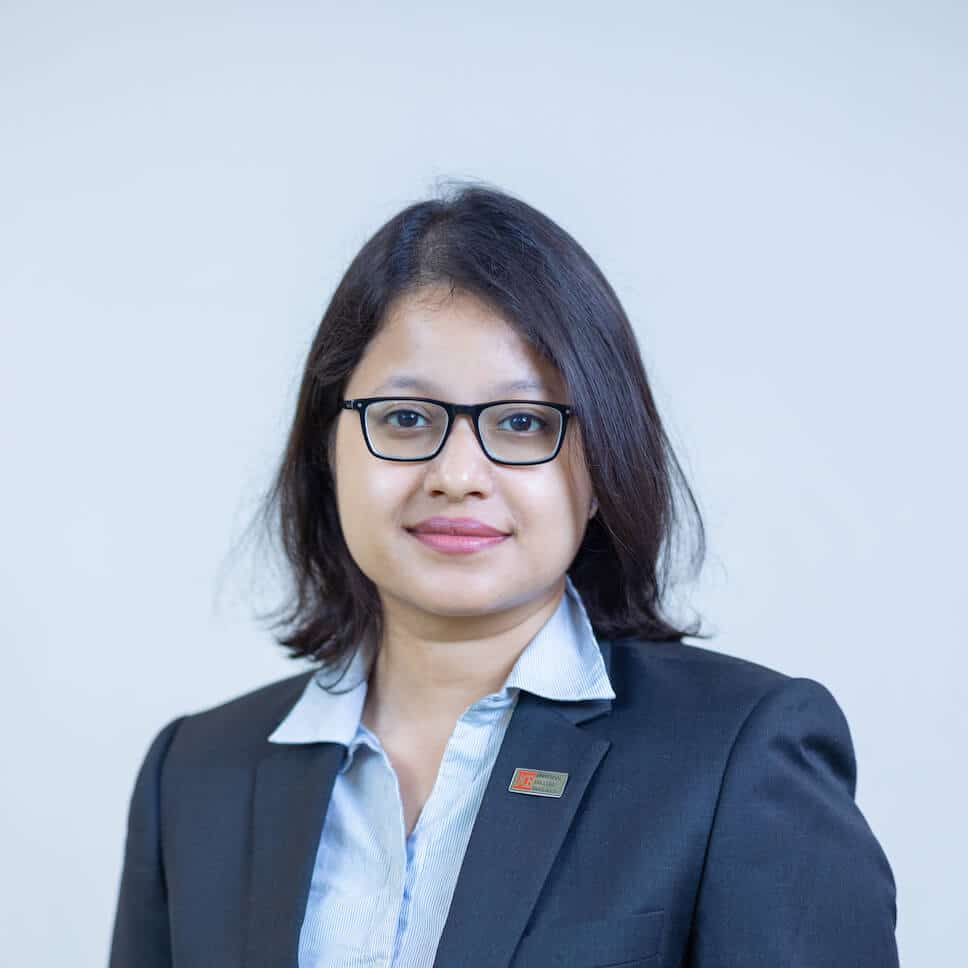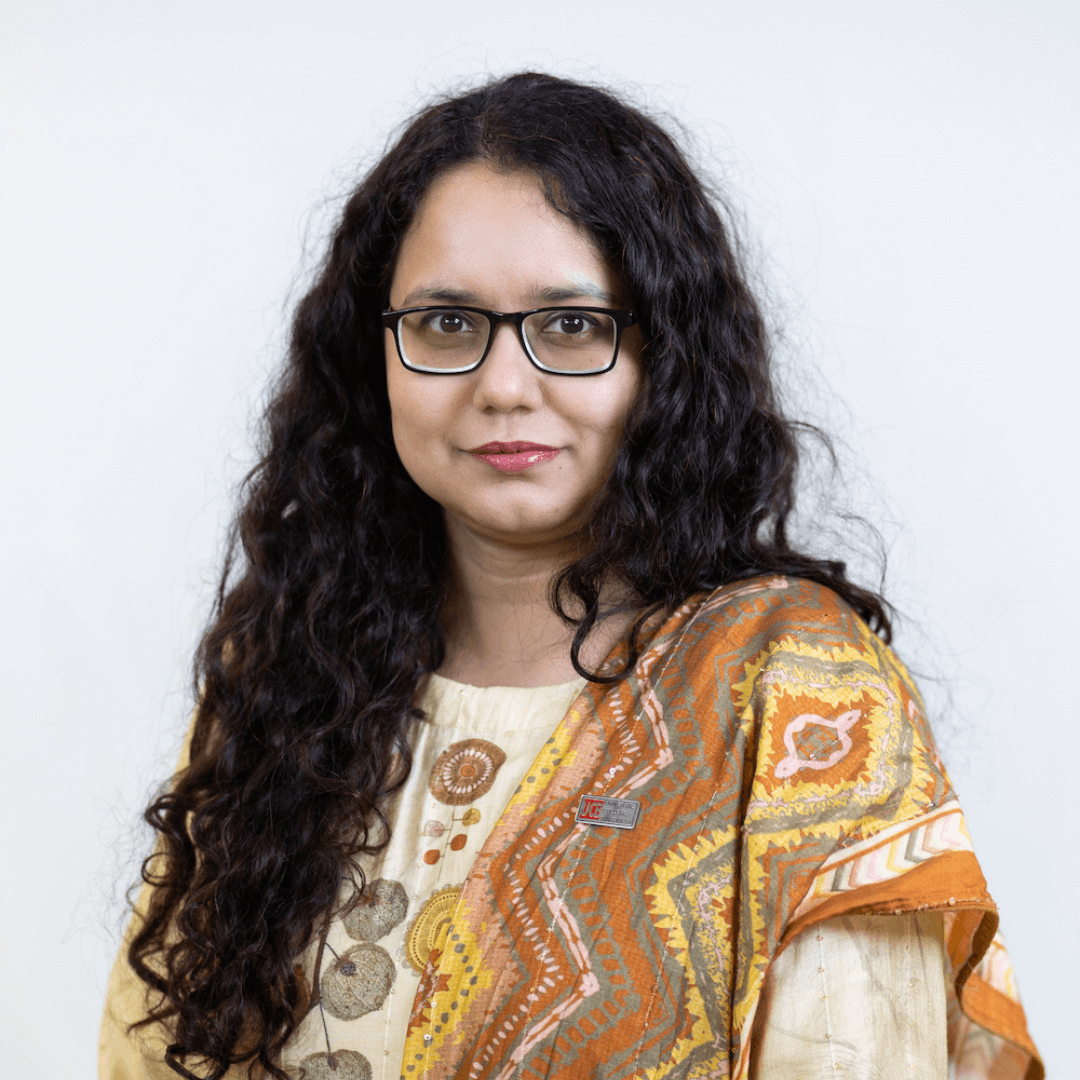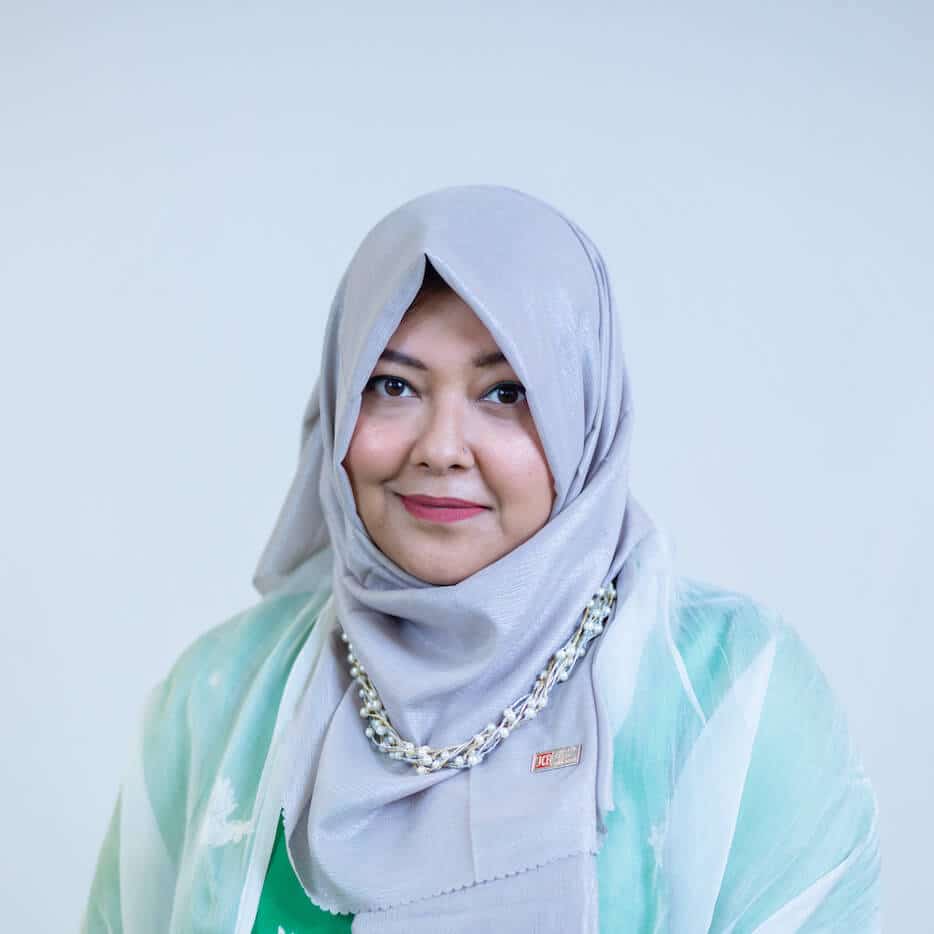UCB partners with University of Central Lancashire to offer affordable UK degrees in Bangladesh

Universal College Bangladesh (UCB) has partnered with the UK’s prestigious University of Central Lancashire (UCLan). An exclusive agreement was signed between the two reputed educational institutes with the aim to open up a new avenue for Bangladeshi students to avail affordable UK degrees without leaving the country, reads a press statement. A signing ceremony was signed between the parties to this end today (1 June) at the UCB Campus in Gulshan, Dhaka. Bob Kundanmal, chairman of the Board of Directors, UCB, and Prof Catherine Jackson, pro-vice-chancellor of the University of Central Lancashire, signed the agreement for their respective organisations. The event was graced by esteemed personalities, including chief guest Mohibul Hassan Chowdhury, MP, minister of Education; and guest of honour Sarah Cooke, British High Commissioner to Bangladesh. Special guest in attendance included Begum Shamsun Nahar, MP, deputy minister of Education. Zarif Munir, Director, UCB; and Manas Singh, CEO, STS Group, and Prof Hew Gill, president and provost, welcomed the guests at the event. All activities of the 3-year UCLan programme will take place in Bangladesh. The programme at UCB has been awarded 5 QS Stars (Excellent) for internationalisation and inclusiveness. According to the Center for World University Rankings 2023, UCLan ranks in the top 7% of the universities worldwide. It is also appreciated among the community as the most affordable UK degree with high global recognition. To help the students’ experience a smooth journey, UCB is providing with attractive learning facilities like sports membership, a compact campus environment, a resource-enabled library etc. During the event, welcome speeches were delivered by the dignitaries, followed by the inauguration, and agreement signing. The vote of thanks was presented by Prof. Muhammad Ismail Hossain, Dean Of Academic Affairs, UCB. Education Minister Mohibul Hassan Chowdhury appreciated the initiative, saying, “We have to focus on enriching the nation’s future workforce by empowering our youth with timely skills that align with the demands of not just the local but the global market. The partnership between UCB and UCLan is an ideal example of recognizing the need for global education, one that should be followed by others in the sector as well”. H E Sarah Cooke, British High Commissioner to Bangladesh said “Over half a million students globally are currently studying for a UK degree overseas, helping to boost their future job prospects. British higher education institutions are dedicated to providing accessible and high-quality higher education, building a brighter future for students around the world.” Bob Kundanmal, Chairman and Board of Directors, UCB, said, “The UCLan Programme at UCB represents a top blend of academic excellence and cultural diversity. At UCB, we are thoroughly committed to nurturing the next generation of leaders and innovators through transformative educational opportunities. We expect the UCLan Program to open doors to global perspectives and industry-relevant skills for Bangladeshi students. It shall also reinforce the importance of localized education solutions for prospective candidates who deserve such opportunities”. With this new introduction at UCB, local students now have another great opportunity to earn a reputable UK university degree from right here in Bangladesh. For further information about the UCLan Program and admission procedures, please visit the Universal College Bangladesh website. Published in: The Business Standard
Learning transferable skills

A LOOK at the history of education indicates that there has always been an interchange between education and the world of industry. Every year, a vast majority of graduates enter the workplace and make practical applications of the theoretical knowledge they have acquired in schools and universities. When these students are equipped with the right skills and knowledge as required by their economic and industrial conditions, they can play a massive role in shaping a sustainable economic structure for their country. A well-trained workforce with industry-fit skills has the power to drive innovation, productivity, and global competitiveness. Bangladesh has particularly great potential to harness skilled young individuals against the backdrop of a growing population and favourable demographic dividends. As the world evolves at a fast pace with new technologies, advanced AI, blockchain, and NFTs, being industry-oriented means two things: keeping up with the industry and evolving with the industry. In other words, the relationship between education and employment is determined not only by the function of education to prepare learning for subsequent work tasks but also by ensuring that education is evolving continuously as lifestyles do so as well. A study by the Bangladesh Institute of Development Studies in 2022 found that the industrial sectors of the country are experiencing a 30 per cent skills gap. The study reveals that only 3.65 per cent of the labour force in Bangladesh receives training each year, but the rate is only 1.35 per cent in 10 specific sectors. Typically, educational institutions focus more on theories, but students require practical knowledge as well. This means a collaboration of both industry and academia for an industry-oriented education that concentrates on both theoretical and practical skills. Fresh graduates can survive in the fast-paced world of digitisation when educational institutions set their focus on the industries and train their students to work. For instance, a number of educational institutions have taken a significant step towards bridging the gap between academia and industry. These institutions have partnered with many foreign educational institutions and other organisations to offer their students enhanced opportunities such as internships, placements, and training programmes. These activities will provide students with first-hand practical experiences and a great opportunity to utilise educational learning. Simultaneously, the government has also initiated programmes required for the current and future industry. A project titled ‘ProGRESS’ has been launched recently by the education ministry and the International Labour Organisation, Bangladesh, focusing on strengthening the TVET (technical and vocational education and training) and enterprise development systems in Bangladesh. The project also plans on making skill development training more inclusive and accessible for women working on policies, systems and operational levels. Whether it is through educational institutes, government initiatives, or online platforms, students seeking updated industry-oriented skills can access different mediums that provide quality and globally acclaimed skills. In today’s world, nothing is as important as the young generation, who will take our country forward on all fronts. Along with equipping students with the right skills, it is also crucial to teach them about leading the way and always being on their toes to keep up with the competitive environment and fast pace. This, combined with academic and practical skills, will make a huge difference and, ultimately, produce employable graduates. Published in: New Age















